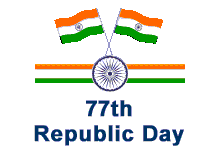
The Course program is conducted through a series of class room sessions, tours, excursions and specialized modules. Besides, assignments are given from time to time on specified subjects. Attendance in all these activities is compulsory.
Lecture sessions are primarily intended for systematic transfer of knowledge. Probationers are advised to be alert and participate in the training/learning process.
The academic activities at the Academy are divided into pre and post-lunch sessions having six and two lecture hours respectively. Generally, the post-lunch sessions are devoted towards practical exercises.
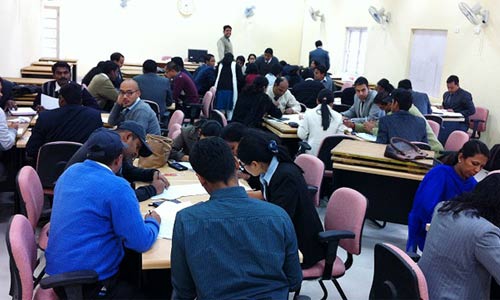
Class Room Sessions
View GalleryStudy tours form an integral part of the training; and are arranged so that the Probationers can leam and understand the practice of forestry in its variations in different states of India. This enables them to understand the scope of their duties and responsibilities as forest officers.
Field excursions are scheduled on Saturdays or any other day in order to supplement the classroom training. Excursions provide an opportunity to familiarize the Probationer with field conditions and assimilate various techniques/skills required in the practice of Natural Resource Management.
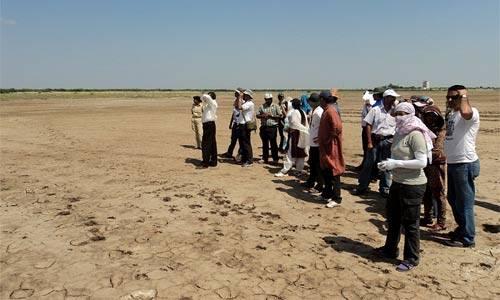
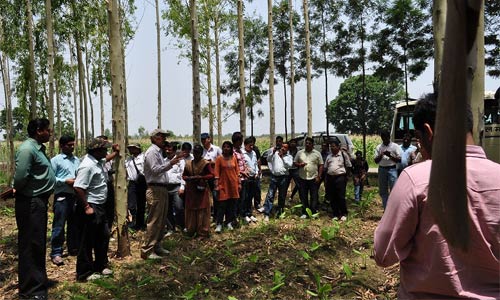
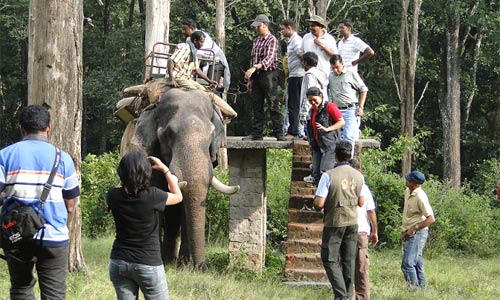
South India
Covering Madhya Pradesh, Andhra Pradesh, Maharashtra, Karnataka, Tamilnadu and Kerala
View Gallery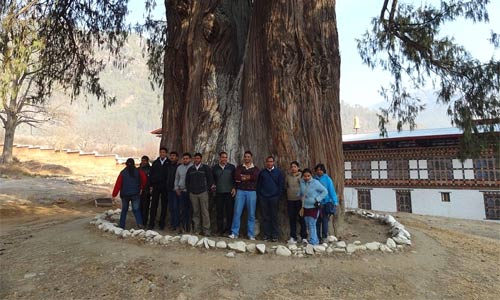
East India
Covering Orissa, West Bengal, Sikkim, Assam, Meghalaya, Bhutan and Andaman and Nicobar Islands
View Gallery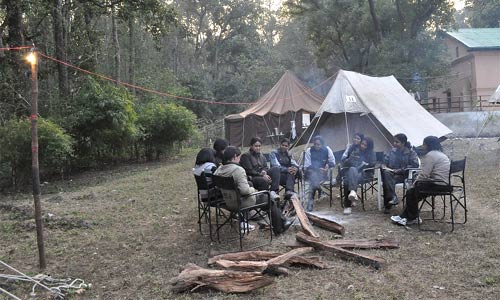
Introductory Tour
To Chakrata, Dehradun at an altitude of 2200 m to apprise officers to forest ecosystems
View Gallery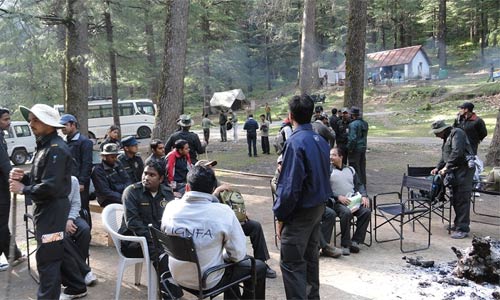
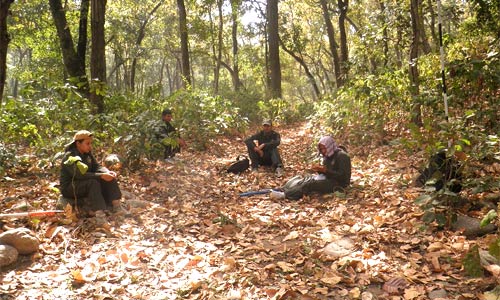
Working Plan tour
To write appropriate plans prescribing treatment of forest crops and socio-economic development of fringe inhabitation
View Gallery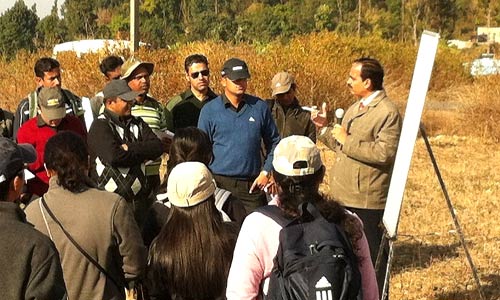
- Road Allignment Exercise
- Wildlife tour for understanding bio-social dynamics of protected area management and studying parameters of wildlife assessment.
- Excursions on ecosystem dynamics, soil profiles and conservation , geology , biometry, inventory of crops.
- PRA tools testing in fringe area villages and formulating participatory management plans or micro-plans.
To provide current information on various technological and socio-economic developments, persons of eminence are invited to deliver special lectures. This helps in developing the perceptions of the Probationer on important issues through interaction with the visiting dignitaries.
Probationers are encouraged to approach designated Faculty Member called the “Counsellors”. Who acts as a friend, philosopher and guide to the Probationers, and provides help and guidance in official and personal matters. The Probationers are encouraged to be in close touch with their Counsellors and meet their respective Counsellors informally as frequently as required. Counsellor group meetings are also arranged by the Course Director or the respective Counsellors as and when needed. The role of Counsellors is as follows.
(1) Advising the Probationers on issues relating to their profession and training.
(2) Enabling them to face diversity of issues during their training period.
(3) Building up confidence, developing self-esteem and leadership qualities.
(4) Advising them to keep professionally exemplary demonstration on competence.
Opportunity is given to Probationer to interact with faculty members through regular Counsellor Group Meetings (CGM).
Page Last Updated: 14-02-2026 03:11 PM






